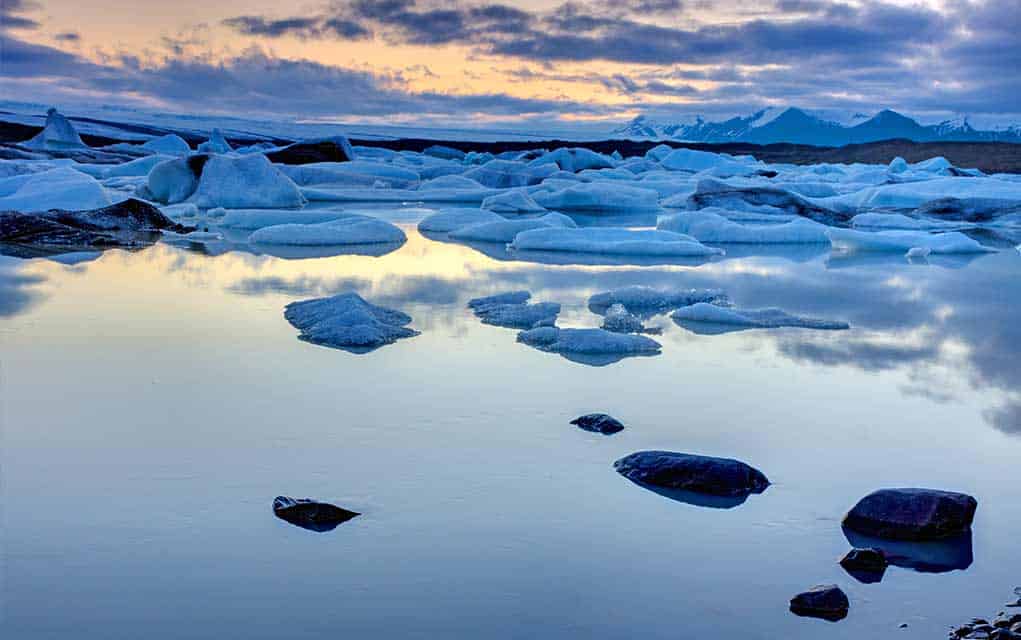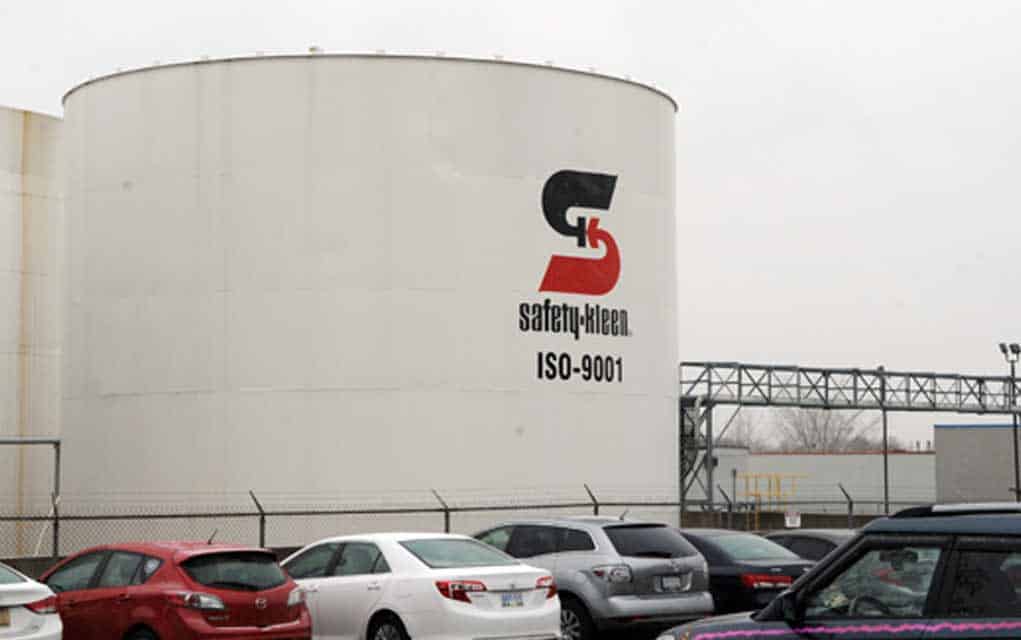Saving a doomed planet may be too much to ask of a local environmental roundtable, but there’s a certain sense of urgency, says organizer Michael Purves-Smith.
We may have past the point where reducing emissions – the subject of much talk and a little action – is enough, with mitigation required. Those efforts will be the focus at the event, scheduled for November 23 at the Kitchener Public Library.
Among the speakers will be Maren Oelbermann of the University of Waterloo School of Environment, Resources and Sustainability, who’ll discuss the use of remediation methods such as using soil to sequester carbon. Lloyd Helferty of Biochar Consulting will speak about climate-smart food, and Jodi Koberinski, a 2015 Oak Human Rights Fellow and leading disciple of Vandana Shiva, will take a new look at the transition to a zero carbon economy.
Purves-Smith, his wife Shannon and fellow Elmira environmentalist Susan Bryant will also speak, along with Martin Tamlyn of the Ignatius Jesuit Centre in Guelph (restoring nature) and Niara van Gaalen, a 16-year-old student in the baccalaureate program at Cameron Heights (transforming taxation).
“The basic message is simple: we now have no option except to find ways to drawdown carbon from the atmosphere and sequester it outside the biogenetic carbon cycle,” said Purves-Smith. “There are ways to do this naturally; the technology involved is infinitely less complex than the technology that we used to permit the escape of fossil carbon; and our sheer numbers could be an asset in this case, because this sequestration may, in part, be accomplished through a vast number of small projects.”
Current efforts, such as they are, to deal with emissions may be too late at this point, he suggests.
“There’s already so much carbon that’s been released. If you can’t take it out of the air, why bother?”
He said sequestration projects are “a different way of looking at the problem” that may provide some reason for optimism.
There are no quick fixes, however, notes Oelbermann, who’ll be discussing her research into biochar, a fine-grained, highly porous charcoal that helps soils retain nutrients and water, sometimes touted as carbon-negative. Research on its uses stems from the Amazonian terra preta, a technique that dates back some two thousand years whereby organic material is burned at relatively low heat in an oxygen-starved environment.
The resultant charcoal can improve soil’s ability to retain water and nutrients. It’s also considered a way to capture the carbon and return it to the soil, where it remains inert. Sequestration ensues if the amount of carbon stored in the soil is more than the input.

While there is research being done, it’s too early to know for sure what the benefits might be, said Oelbermann. That’s especially true here in Canada, where the soil and climate differs from the tropical origins of biochar.
“It’s not going to be the saviour of all of our problems,” she said, noting there are varying schools of thought about biochar’s potential. “I don’t think it should be dismissed, but I don’t think it’s a cure-all.”
There are many variables to consider in doing research, and long-term study is needed to get a true picture of such carbon sequestration methods. With soil carbon, measurable differences takes a long time to appear.
“It takes decades to be able to observe those kinds of changes.”
That’s at odds with our impatient, quick-fix natures.
“Our whole society is fixed on rapid solutions. You have a headache, you go to the doctor and you take a pill. We want it now,” she said.
Echoing Purves-Smith’s point, Oelbermann says each person making small changes can have an impact on both future emissions and mitigation of current levels.
“We all need to do something to make a change. It can’t be business as usual.”
At the personal level, with food for instance, you can eat local and organic, grow your own food, and perhaps experiment with biochar, though it’s not easy to source, nor is it cheap.
“I think the take-home message is everybody needs to do something. Everybody needs to do the best they can, and that will be different for each person.”
People can do things at home, beyond investing in solar panels and electric cars, notes Purves-Smith.
The roundtable discussion is scheduled for 7 p.m. on November 23 at the KPL branch in downtown Kitchener.









